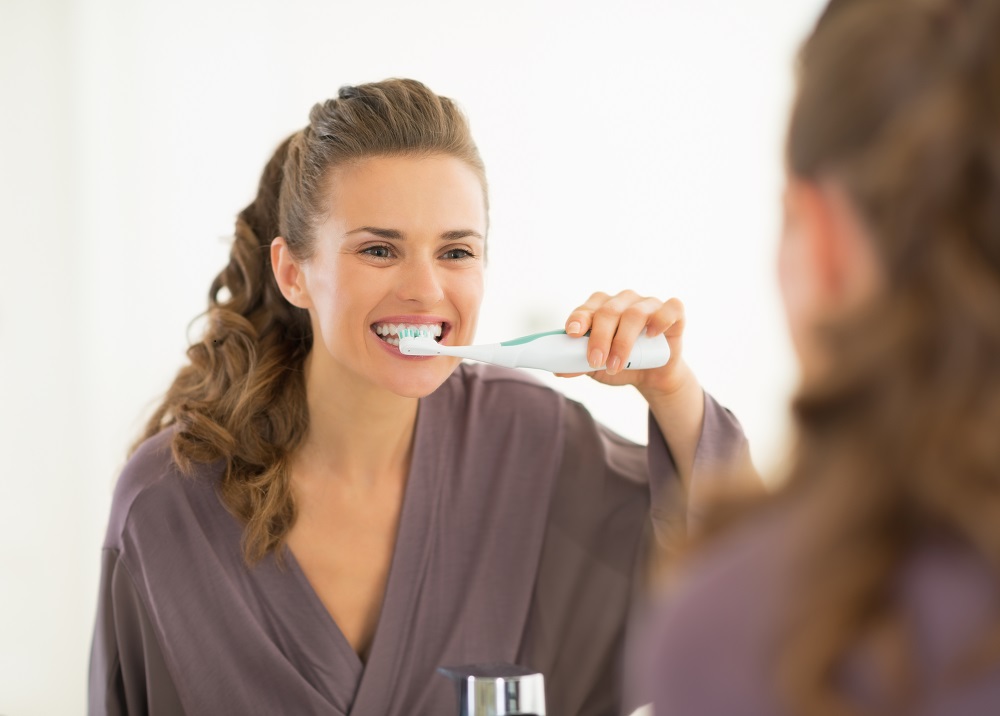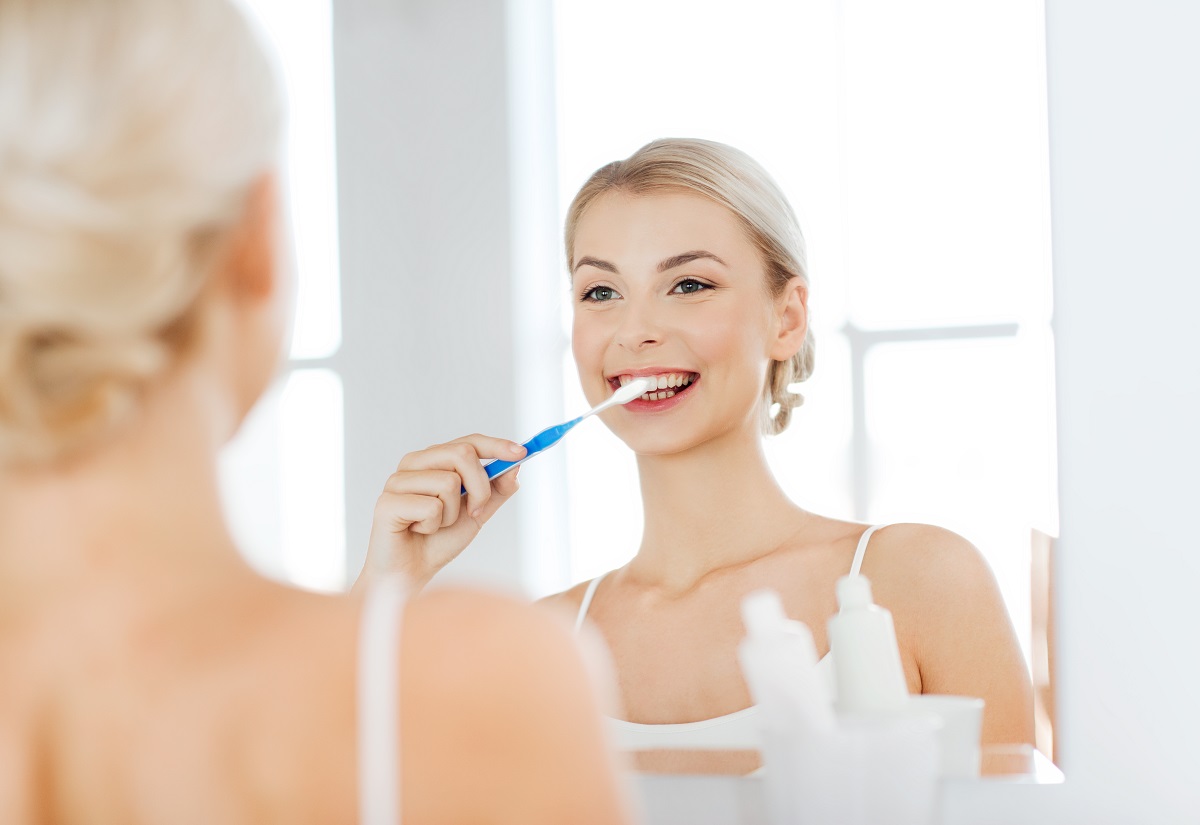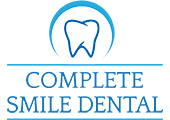If you want to take your oral health seriously and keep your teeth and gums healthy, you need to keep good oral habits. The good news is, you only need to spend about 10 minutes a day to clean your teeth and gums. However, the trick is to stay focused during your cleaning routine, and to maintain a few other essential oral health habits also.
What oral habits are essential for good oral health?
- Brush your teeth thoroughly twice a day Brushing your teeth with fluoride toothpaste is the most effective way to keep your teeth clean. When you brush, spend equal time on each of your tooth surfaces – especially those hard-to-reach areas behind your front and back teeth. It’s in these places that plaque and decay can develop unseen and undisturbed. Wait half an hour after meals before you brush to give your tooth enamel time to restore its natural PH. If you get caught out without a toothbrush, try chewing some sugar/citric free gum to help cleanse your mouth between brushes.
- Use an electric toothbrush Dentists are quick to notice if a patient uses an electric toothbrush or not. That’s because today’s latest electric toothbrushes are plaque busters, and are very effective at cleaning your teeth and even gums. Electrics can brush at speeds of up to 30,000 strokes a minute while manual brushing averages 200 strokes in the same time! If you do use a manual brush, they work well – just be sure to replace them every 3 months.

- Floss and use an interdental brush daily Use both dental floss and an interdental brush to effectively clean plaque build-up around the gaps and spaces between your teeth. Interdental brushes are used more effectively between your front teeth. Cleaning between your teeth may help prevent tooth decay, cavities and gum disease. Tongue brushing can also reduce oral bacteria in your mouth.
Visit your dentist every six months for a check-up
It’s important to see your dentist every six months to get your teeth and gums professionally checked and cleaned. Your dentist can identify any potential oral issues early, and help you avoid serious oral health issues – not to mention costly dental treatment.
- Rinse your mouth after eating Don’t enjoy that lingering aftertaste of your food too much! It’s the result of food residue caught on your teeth and tongue. Take prompt action straight after you finish eating a snack or drinking a soft drink with a quick rinse of your mouth with water. After brushing, try rinsing your mouth with an antimicrobial mouthwash containing fluoride.
- Avoid cariogenic foods In other words avoid foods that cause tooth caries (cavities) such as sweetened refined carbohydrates and sugary drinks. These food/beverage types are acidic, and coat your teeth with a sticky film that promotes plaque. And if you snack on these foods and beverages frequently, the duration of the acid attack on your tooth enamel increases with each munch and sip.


